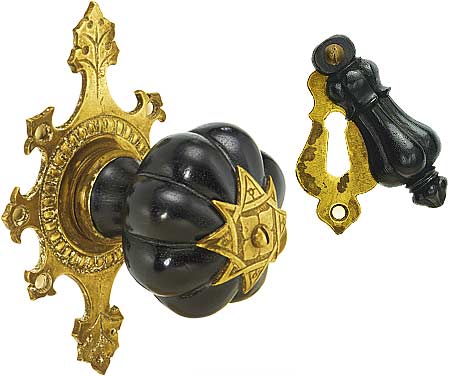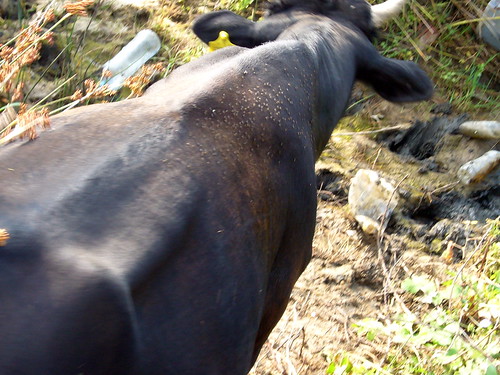
balustrade \BAL-uh-strayd; bal-uh-STRAYD\, noun:
a railing at the side of a staircase or balcony to prevent people from falling
The camera is a couple of floors up, pointing out over the balustrade and down toward us on the ground floor.
-- Dan Zak, A Weekend in the Life of an Extra, Washington Post, April 26, 2003
Yet that brutal incursion proved a fatal miscalculation on Brezhnev's part and the final turning point in the cold war.
-- Douglas Brinkley, The Unfinished Presidency
by 1644, "row of balusters," from French balustrade, from Italian balaustrata "provided with balusters," from balaustro "pillar," from balausta "flower of the wild pomegranate," from Greek balaustion (perhaps of Semitic origin, cf. Aramaic balatz "flower of the wild pomegranate"). Staircase uprights had lyre-like double curves, like the calyx tube of the pomegranate flower.







.jpg)

















